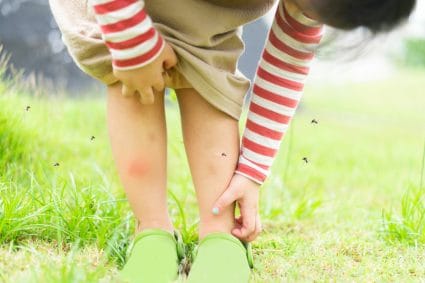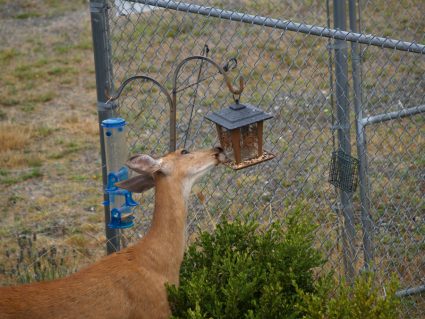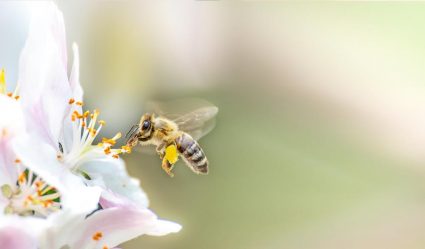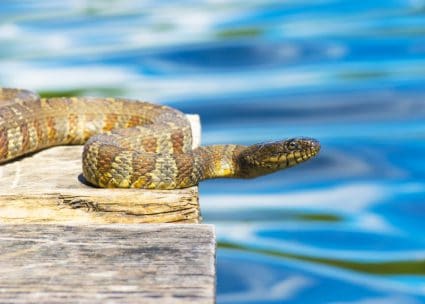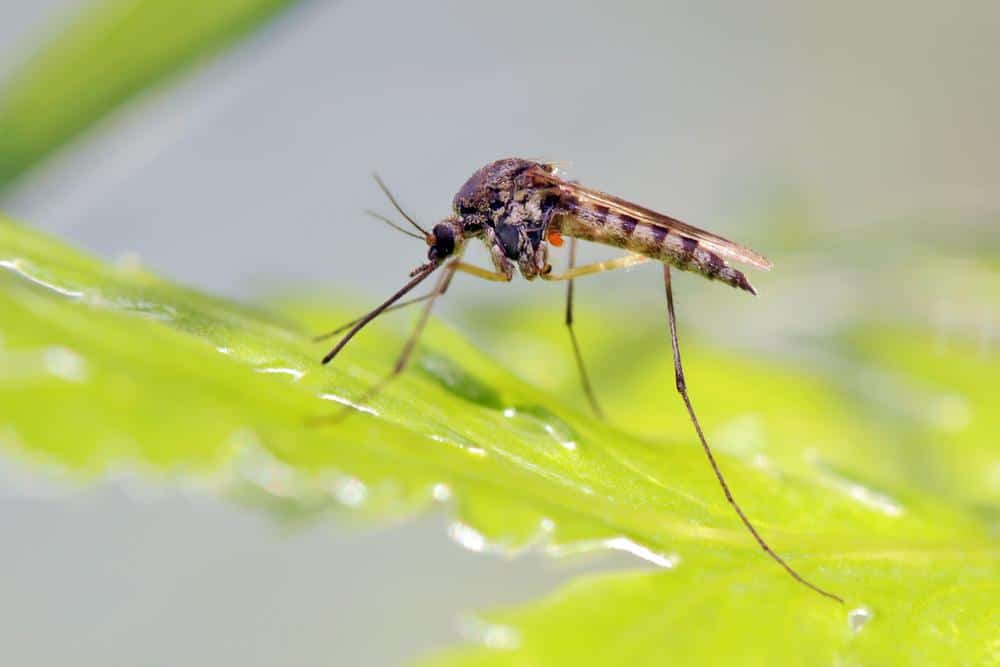
Mosquito larvae infestation in horse water is a significant concern for horse owners. Not only does it create an unsightly and unsanitary condition, but it also poses serious health risks for horses. Mosquitoes are known carriers of diseases like Eastern Equine Encephalitis (EEE), Western Equine Encephalitis (WEE), and West Nile Virus (WNV), all of which can be fatal to horses.
In this comprehensive guide, we will discuss various methods to prevent mosquito larvae infestation in horse water, from regular cleaning and maintenance of water containers to using specific products and natural remedies.
To keep mosquito larvae out of horse water, regularly clean and maintain your water containers to prevent stagnant water. Use products like Mosquito Dunks or Mosquito Bits that contain Bacillus thuringiensis israelensis (Bti), a bacterium that kills mosquito larvae. You can also add goldfish to the water troughs as they feed on mosquito larvae. Ensure proper drainage around water tanks and consider using automatic waterers. Introducing mosquito-eating fish to standing water can also help.
Understanding Mosquito Breeding Environments
Before we delve into the solutions, it’s crucial to understand the breeding environments of mosquito larvae. Mosquitoes prefer to lay their eggs in stagnant or shallow pools of water, which can be found in horse water containers if not properly maintained. Some common breeding habitats include ponds, marshes, swamps, floodwater, ditches, woodland pools, containers of water, yard debris and clogged gutters and drains, and water for animals and birds.
Effective Methods to Prevent Mosquito Larvae
Here are some of the most effective methods to prevent mosquito larvae from breeding in horse water:
Regular Cleaning and Maintenance
Performing weekly flushing and cleaning of water troughs makes them less attractive to female mosquitoes searching for places to lay their eggs. Keeping the water fresh and clear should result in fewer developing mosquitoes.
Use of Mosquito Dunks or Mosquito Bits
These products contain Bacillus thuringiensis israelensis (Bti), a naturally occurring bacterium that specifically targets and kills mosquito larvae. Place the dunks or bits in standing water where mosquito larvae are found.
Adding Goldfish to Water Troughs
Goldfish can feed on mosquito larvae, reducing the mosquito population without the need for chemicals or pesticides.
Use of Larvicides
Insecticides like methoprene can be used to control mosquito larvae in animal watering troughs.
Eliminating Standing Water
Ensure there is proper drainage around water tanks to prevent the formation of stagnant water, which can serve as breeding grounds for mosquitoes.
Using Automatic Waterers
These devices can help keep the water surface covered at all times, reducing the chance that mosquitoes will lay eggs in the water.
Biological Control
Introducing mosquito-eating fish like Gambusia affinis or killifish (Fundulus spp) to feed on mosquito larvae in standing water.
Recommended Products and Tools
There are several products and tools that can help keep mosquito larvae out of horse water:
- Mosquito Dunks: These non-toxic discs can be placed in horse water troughs, killing mosquito larvae without harming horses, livestock, fish, and birds.
- Stock Tank Secret: This 100% organic barley straw helps keep stock tanks clean, preventing mosquitoes and other waterborne insects from breeding in your animals’ water.
- Goldfish: Adding goldfish to horse troughs can help control mosquito larvae naturally.
- Mosquito Beater Water Soluble Pouches: These pouches can be used in standing water in irrigation or drainage ditches, pastures, ponds, livestock watering tanks, and other areas to control mosquito larvae. They are safe for fish.
Natural and Homemade Remedies
In addition to the above methods, there are also some natural and homemade remedies that can help deter mosquito larvae without harming the horses:
- Bti and Bs: These are natural insecticides that specifically target mosquitoes and flies. When larvae ingest Bti, the toxin reacts with stomach secretions and kills them.
- Regular cleaning of water troughs and buckets: Inspect and clean water troughs and buckets regularly to prevent the accumulation of stagnant water, which serves as a breeding ground for mosquitoes.
- Eliminate standing water: Remove or drill holes in containers that could retain water, such as old tires or tarps on the ground. Keep weeds mowed, especially around water sources.
- Adding a small amount of bleach to drinking troughs: This can help reduce mosquito and other insect breeding habitats.
By implementing these measures, you can effectively reduce the mosquito larvae population in your horse’s water and protect them from mosquito-borne diseases. Remember, prevention is always better than cure. So, start today and make your horse water free from mosquito larvae.
Frequently Asked Questions
How often should I clean my horse’s water trough to prevent mosquito larvae?
You should aim to clean your horse’s water trough at least once a week. Regular cleaning helps to keep the water fresh and clear, making it less attractive to female mosquitoes looking for places to lay their eggs.
Are mosquito dunks or bits safe for my horses?
Yes, mosquito dunks and bits are safe for horses. They contain a naturally occurring bacterium, Bacillus thuringiensis israelensis (Bti), which specifically targets and kills mosquito larvae, without posing any harm to horses, livestock, fish, or birds.
Can I use any type of fish to control mosquito larvae?
While many types of fish will eat mosquito larvae, goldfish and mosquito-eating fish like Gambusia affinis or killifish (Fundulus spp) are often recommended due to their high appetite for mosquito larvae and their adaptability to different water conditions.
Are there any natural remedies to prevent mosquito larvae in horse water?
Yes, in addition to regular cleaning of water troughs and eliminating standing water, you can use natural insecticides like Bti and Bs, or even add a small amount of bleach to drinking troughs to deter mosquito larvae.
How do I use Mosquito Beater Water Soluble Pouches?
Mosquito Beater Water Soluble Pouches can be used in standing water in irrigation or drainage ditches, pastures, ponds, livestock watering tanks, and other areas to control mosquito larvae. Simply toss the pouch into the water, and it will dissolve releasing the larvicide. They are safe for fish.




